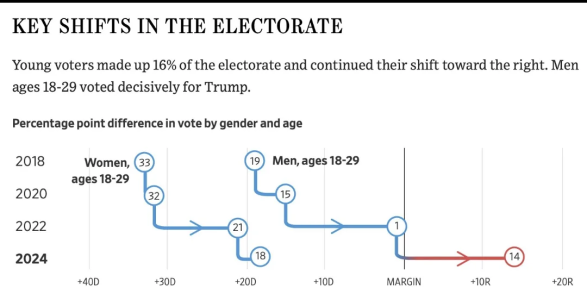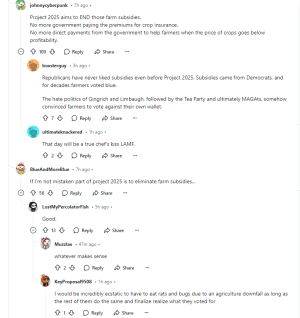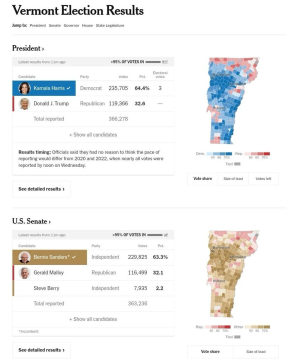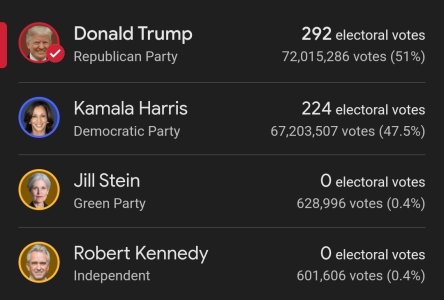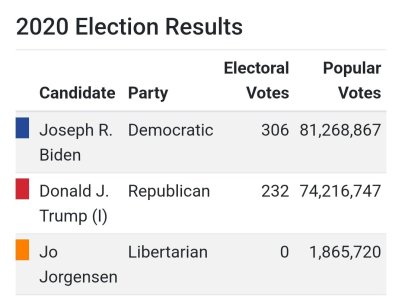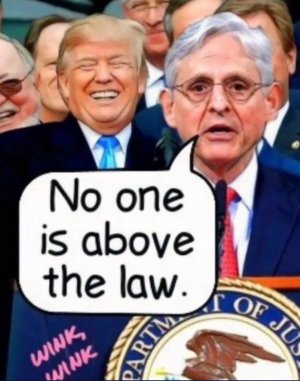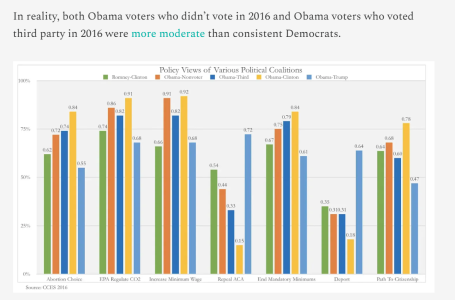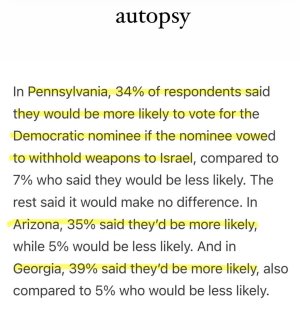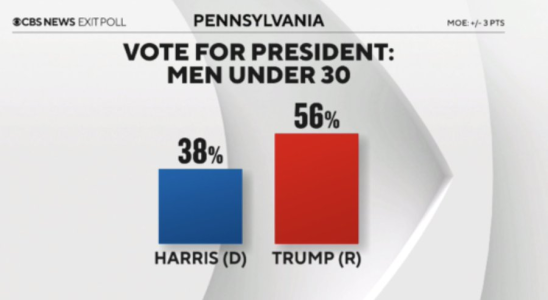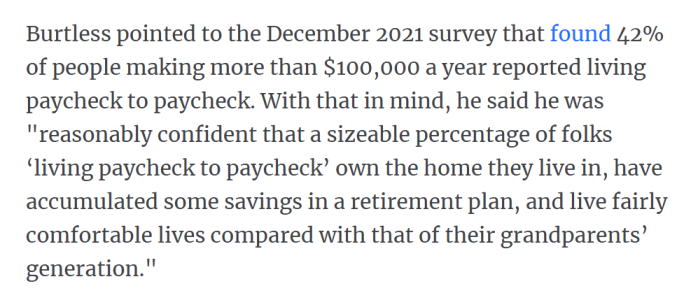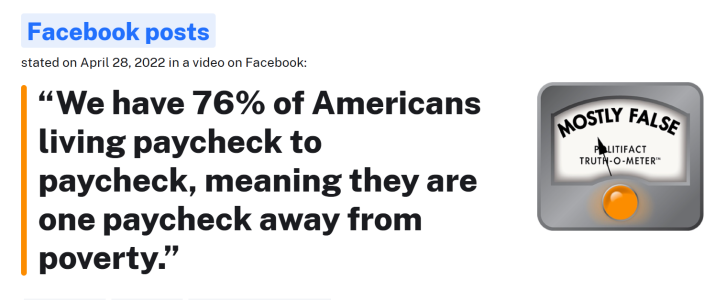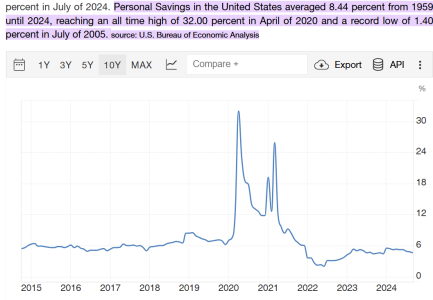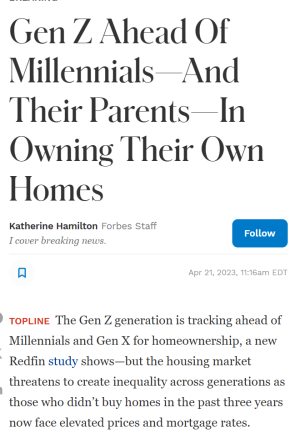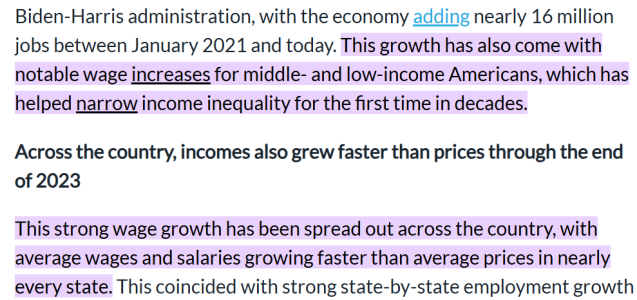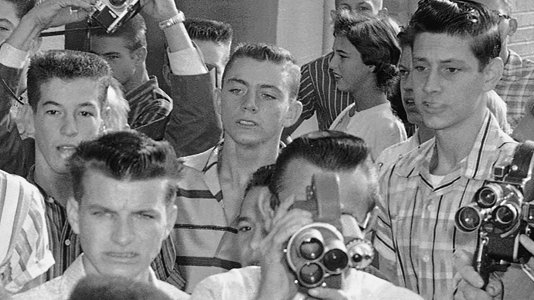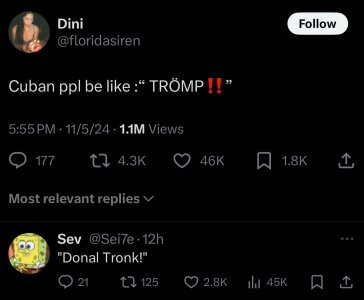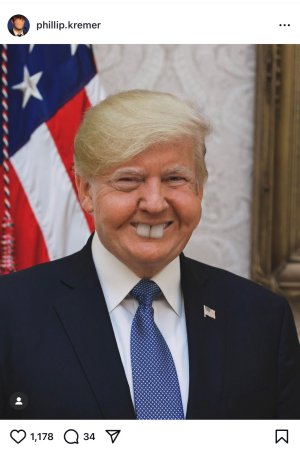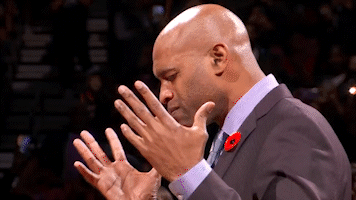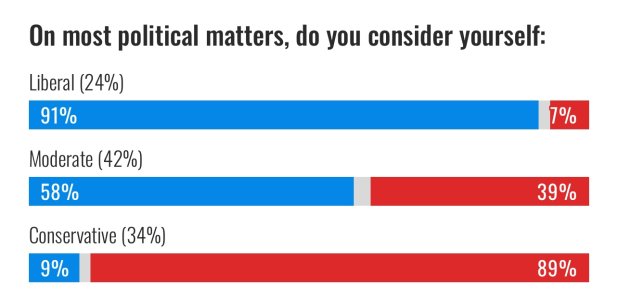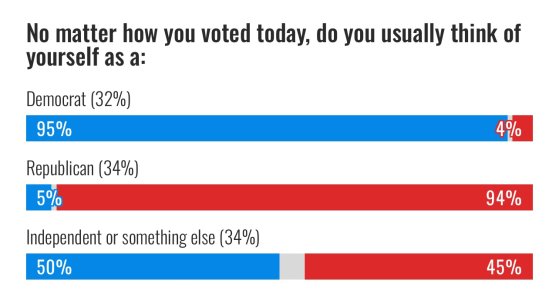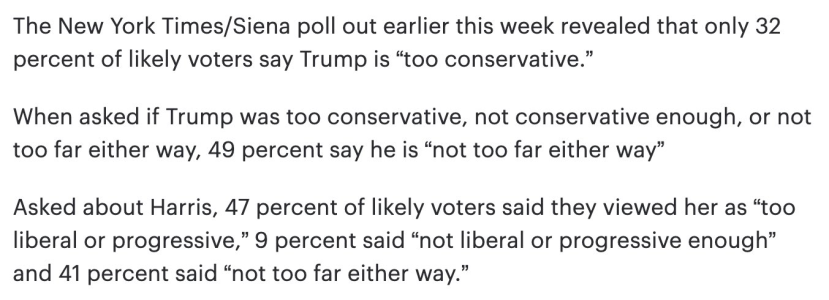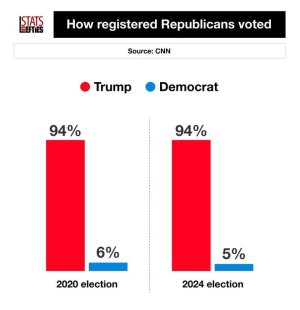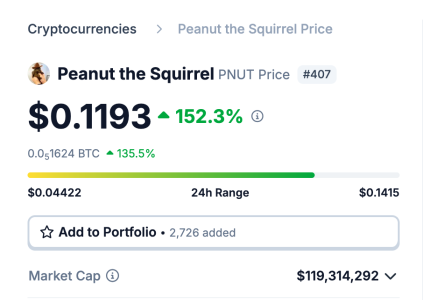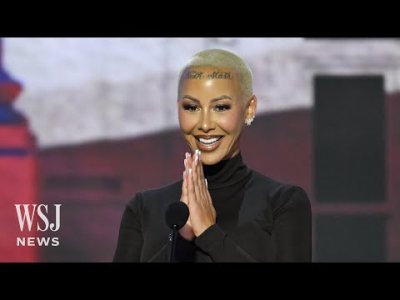Hillary Clinton Can’t Rely on Donald Trump’s Unpopularity
If Hillary Clinton becomes the Democratic nominee, she’ll need Bernie Sanders’s followers in the autumn.
GABRIELLA DEMCZUK FOR THE NEW YORK TIMES
By ALBERT R. HUNT | BLOOMBERG VIEW
APRIL 24, 2016
WASHINGTON — Senator Sherrod Brown of Ohio is a relatively accessible fellow, but when asked for an interview on the subject of the schisms in his Democratic Party, his schedule was full. Instead, he sent a statement that the Hillary Clinton-Bernie Sanders presidential primary battle was strengthening the party in contrast with the “divisive” Republican fight.
He’s right about the Republicans. The personal invective and policy splits threaten to tear the party apart and produce an electoral cataclysm in November.
Yet that is obscuring serious problems on the Democratic side: deep divisions on policy and an almost certain nominee, Mrs. Clinton, who if not for Donald J. Trump would be the most unpopular presidential front-runner in recent times.
The differences between Mrs. Clinton and Mr. Sanders are more pronounced than those between Barack Obama and Mrs. Clinton in 2008. Then, there were modest divergences on health care and national security, highlighted by her support five years earlier for George W. Bush’s decision to invade Iraq. Mainly it was a difference of style and persona, a new voice in an environment of change running against a candidate focused on recapturing the salad days of the last Democratic administration.
This time — on major economic issues, taxes, health care and regulating Wall Street — the gaps are much wider. On national security, too, as Mrs. Clinton hasn’t much moderated her interventionist inclination: She was a leading advocate for the 2011 military action in Libya. The aftermath of the invasion turned out disastrously and Mr. Obama has expressed regrets. She hasn’t.
Party platforms are window dressing, but they can be politically symbolic. It’s hard to see how the Clinton forces can accommodate Mr. Sanders’s demands for breaking up big banks, free college tuition and staying out of Syria.
Graphic | Which Presidential Candidates Are Winning the Money Race See how the latest fund-raising numbers from the campaigns and outside groups stack up.
Yet if she is the Democratic nominee, she’ll need Mr. Sanders’s followers in the autumn and would be taking a risk to rely on Mr. Trump’s unpopularity to carry her to the White House.
In the latest Wall Street Journal/NBC News poll, voters viewed Mr. Trump unfavorably, 65 percent to 24 percent, the highest negatives for a national political figure that the pollster Peter Hart said he had ever seen. But if it weren’t for Mr. Trump, the story would be about Mrs. Clinton’s negatives. In the same survey she was viewed unfavorably, 56 percent to 32 percent. She does poorly among some of Mr. Sanders’s core supporters, such as young people and independents.
If Senator Ted Cruz becomes the Republican nominee, there will be a fierce ideological battle, with both sides working to energize their base. Mr. Trump or Mr. Cruz can be counted on to raise sensitive issues, ignored by Mr. Sanders, such as potential problems involving the Clinton Foundation, which has accepted huge donations from wealthy donors as well as big contributions from foreign interests. Mrs. Clinton has said that the Clinton Foundation would continue to operate if she is elected president.
Mrs. Clinton’s backers say she holds more cards than her opponents. If, for instance, there is a foreign policy crisis during the fall campaign, many voters give her good marks for knowledge and experience. By contrast, in The Wall Street Journal/NBC News survey last week, voters, by more than 3 to 1, said they lacked confidence in Mr. Trump’s ability to deal with an international crisis.
She can send a message with her choice for vice president. To be sure, such chatter now is purely conjectural. At this stage in previous elections, Sarah Palin, Geraldine Ferraro and **** Cheney — all eventually tapped — weren’t even on the radar.
But several people who talk to Mrs. Clinton think she would be comfortable with Senator Tim Kaine, a mature moderate who was a successful governor of Virginia, a swing state. She has been intrigued, they say, with the notion of picking another woman; Senator Elizabeth Warren of Massachusetts would excite the base.
There is little chemistry between them, however, and if she still wanted to play to the Sanders folk, a more palatable alternative might be the liberal Senator Brown, which may help explain why he didn’t want to talk last week.










